Q&A with Jordan Gusman
Jordan Gusman is one of Australia’s top 1500 metre runners and one of the few athletes in the country who has the four-minute mile. Currently studying at the University of Canberra, Gusman missed out on making the 2018 Australian Commonwealth Games team. This was another setback to his career as a runner, as his success isn’t always reflected on his profile.
The Coffs Harbour native sat down with Jordan Mulach to talk about running, studying and what the future holds for one of the nation’s top unheard-of athletes.
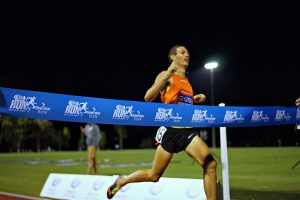
What got you in to running?
As a kid, around the age of two or three I was hospitalised with a lot with asthma so the doctor suggested my family move out of Sydney to somewhere with less air pollution. He said getting exercise would help build up my aerobic system which could clear the asthma.
I started Little Athletics with my sister around the age of five and the more I got in to it, the more I enjoyed it and the less I had to use my puffer. Around seven or eight years old I stopped using it and have only had to use it a handful of times since then. I starting winning races without it which fuelled my fire to keep running.
Looking back do you think you would’ve been interested in running if it wasn’t suggested from a health point of view?
I think my parents were keen on getting me in to sport. When we moved to Coffs Harbour, I was around five and we went to a few schools and the first question my parents would ask was about the sports programs at the school.
A lot of them didn’t have a program so my parents walked out of the office straight away. They were always interested in getting me in to sport, I’m not sure if they thought if it would help my asthma or if they just wanted active kids.
Were there any other sports in your formative years or was it all about running?
I played a fair few sports. I joined the surf life saving club up at Coffs Harbour and did that for a while but I could never really swim; I was only good at the beach stuff and the paddle board. I wasn’t bad at it but I didn’t excel at it in the same way I did with athletics.
I played soccer but I ended up playing in the same position as the coach’s son on the representative side so even though I was a better player, I hardly got to run on. I got sick of other people and relying on the politics, though there still is politics in running.
Around the age of thirteen I focused more on athletics because of that, not having to rely on other people and whether you win or lose is down to you.
Was it around that age that you started taking it in your stride and focus more on the professional side of things?
Definitely. Throughout high school, you don’t think of it as a profession or that you can get to that level. I was fortunate to have my growth spurt at a young age so I was a much taller than others, which led to winning state competitions.
Once everyone caught up around year nine, I started to lose again and I hated how it felt after all the success, which resulted in more intense training sessions.
That was when I gave up all sports and put all my efforts in to running. I wasn’t that great at school so I assumed or hoped that one day I’d be able to make some money out of it.
When did you start really succeeding at the state and national level?
It was around the year nine mark that I started winning medals at state level and then I started to qualify for nationals.
I think my first national medal was around 17, so even though I started to develop earlier than a lot of people, I didn’t excel in the same way others do at the same age.
At the end of high school, I started to put things together. I was a bit overweight so once I found a coach after self-coaching in the younger years, they told me to lose five or six kilos to be good. Once I did that, everything started to come together more, I came third at nationals in my last year of under 20’s and then excelled in the open classes.
Once those things came together, it all fell in place.
Given your struggles in school, what led you to now study at the University of Canberra?
I have always been reasonably smart though I don’t consider myself an academic. The travelling from Coffs Harbour to Sydney for training as well as the races being run at Homebush held me back at school.
Being away for long periods of time makes it hard to stay on top of academic work and results in falling behind. I didn’t get a HSC at all but did two years at TAFE, doing fitness so I am now a qualified personal trainer.
I also studied Event Management so combining the two, I became interested in Sports Management which is why I chose to study at the University of Canberra, later changing to a Sports Media degree.
The move to Canberra was just athletic based. There’s a good group down here as well as the AIS so I wanted to give myself the best shot at succeeding because growing up in Coffs Harbour, there wasn’t much. There was no track or facilities and the gym was quite far away for me. While the move here was mainly athletics focused, I had to find something else to do with my time and university seemed the right move.

Do you have any standout highlights or even downpoints in your running career so far?
I’ve had a few dark times. I have been relatively unfortunate in the fact that I’ve beaten the national record holder quite a few times but the races haven’t really mattered too much.
At the beginning and end of the season, there has been a few road-mile races and I’ve beaten Ryan Gregson, who holds the national record.
Last year I missed out on qualifying for the world championships because someone tripped me with a lap to go in the 1500m. I thought that was my bad luck done but then this year I was the fastest qualifier for the Commonwealth Games.
A few days before nationals I fell ill with bronchitis and while I qualified through the heats, I couldn’t compete in the final.
There haven’t been many good times but breaking the four-minute mile for the first time was a big achievement for me. I was hoping for a 4:02 or 4:03 but in the week before the race, my friend who was my partner and biggest rival through high school passed away.
It was a big moment for me to go sub-four minutes off the back of that week where he passed away and I had food poisoning the week before that. It was rough but to be able to do it for him was awesome; no matter what I achieve, that will probably be my biggest highlight.
Given the amount of struggles you’ve had in the past, how do you overcome the adversity and pick yourself up to keep going?
I have been lucky in the sense that I’ve never really been injured. My housemate is injured at the moment and has been a few times in the past; it looks depressing especially trying to come back from that.
Having some of those bad races and not achieving what you wanted to can be hard but you’ve got to look at the bigger picture and know if you put everything together on the day, you can achieve big things.
I know I can run quite well but the motivation comes more from the losses than the wins.
What are the upcoming plans and goals in the future?
Nothing really this year. The Commonwealth Games were my main goal and I’m tossing up whether to head over to Europe or not, chasing up faster times.
Usually the qualifying period is a year before the next meet but because the world championships aren’t until November 2019, I don’t think the European events this year would count or not.
I’m not sure if I want to go over there and have a crack at a fast time only for it not to count as a qualifier or just get in a good block of training and head over in January to do indoor events to get the qualifier out of the way.
At this stage, qualifying for the 2019 world championships is the aim and then ultimately the 2020 Olympic Games.
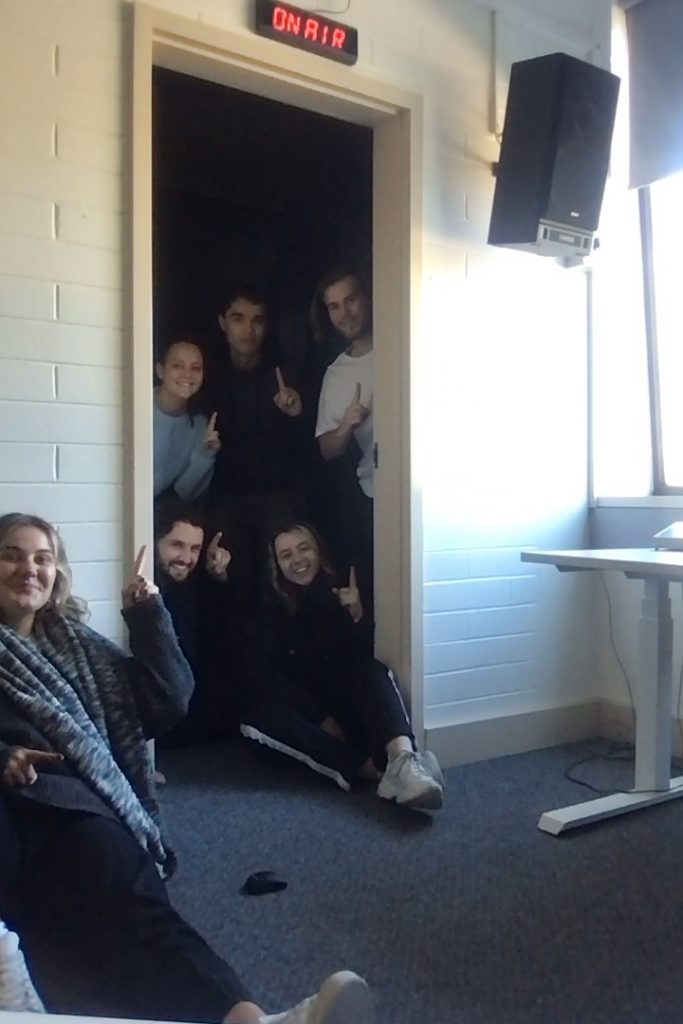
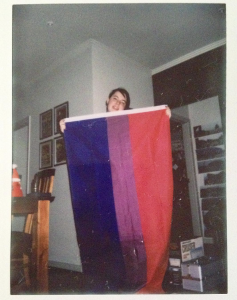
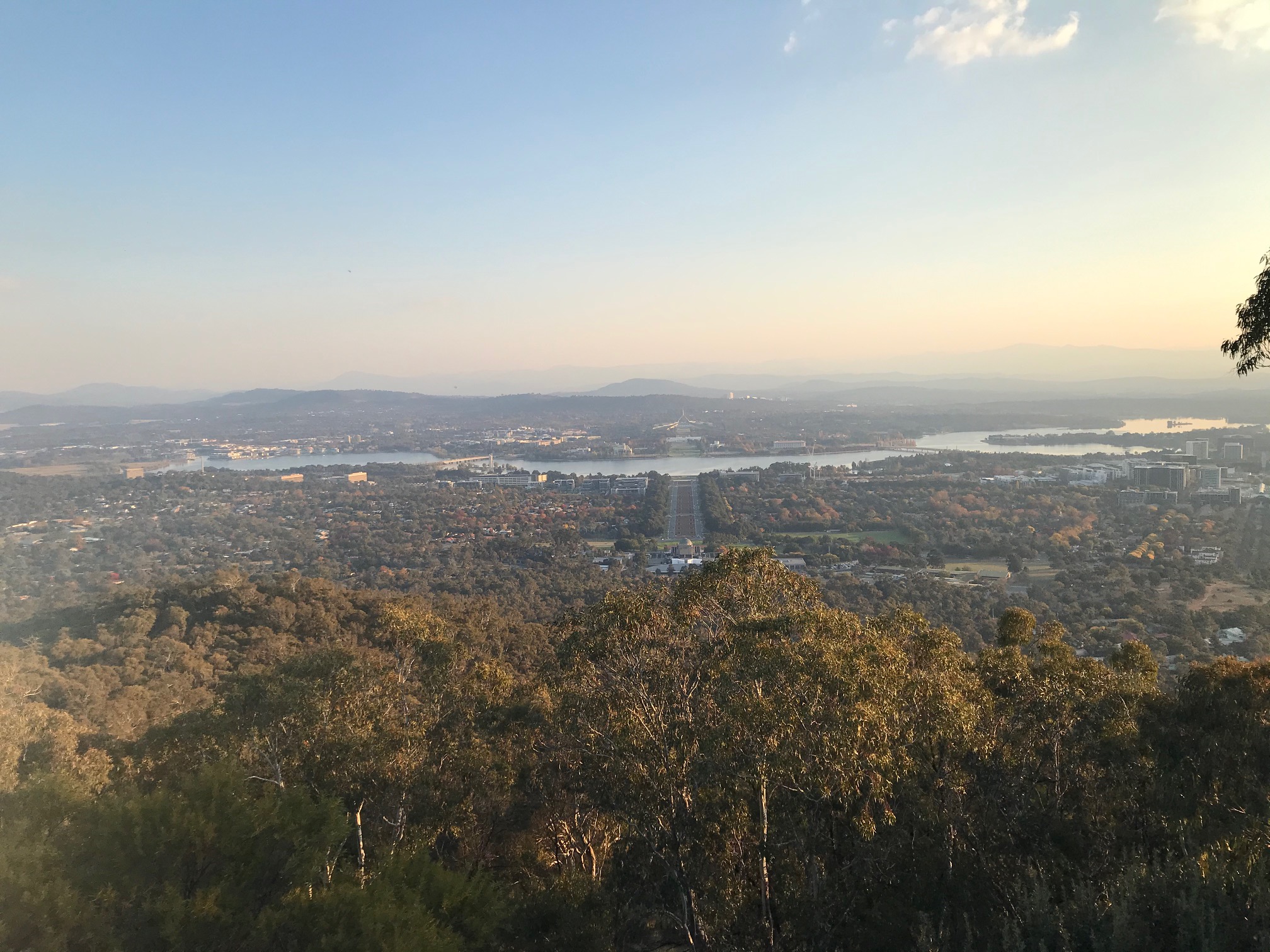
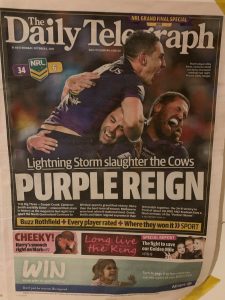
Be the first to comment!